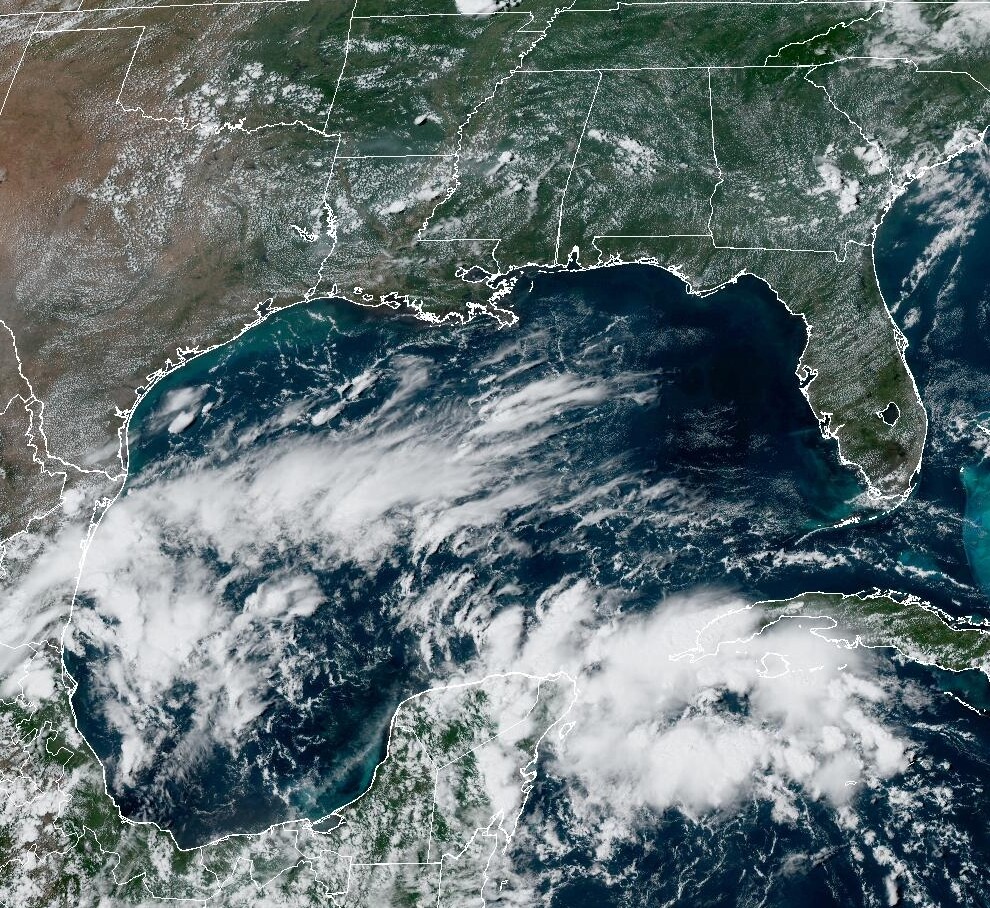
We can all agree that while there’s nothing like a sunny day on the water, we need t be prepared for the rainy ones, too. In Southwest Florida, that includes major storms like hurricanes, which can bring with them life-threatening storm surge, major rainfall, high winds and tornadic activity. Here are some tips for preparing your boat when a hurricane threatens our region.
Use common sense and safe practices
No matter the size of the storm, use the tools you have at hand to play it safe in avoiding uncomfortable situations—including your smart phone, which comes with radar and weather updates. The National Hurricane Center and NOAA are also excellent resources.
Find a safe place to store your boat
Hurricanes and even some intense thunderstorms pack high wind speeds, destructive waves, storm surge and drop massive amounts of rain. Consider looking for another place to keep your boat in a tropical storm if your current location does not have any natural protection from the wind, is exposed to open water in any direction, or could be prone to flooding.
A particular danger with hurricanes is storm surge—extreme high-water levels that can be much more than the highest high tide. Again, NOAA is a great source of information here.
If you keep your boat at a marina, get a copy of your marina’s storm plan and review it carefully.
You need to understand your obligations, and theirs. Visit the BoatUS Hurricane Center for some examples of good marina plans. Be sure you are confident in its safety measures and professionalism.
Stay on top of forecasts for wind, rain, waves, and surge
Once a storm approaches, your exact preparations will depend upon the forecast for wind and storm surge in your area. The National Hurricane Centerprovides the most complete and current information on potential wind speeds and probable tracks.
Create your own plan
Doubling lines on boats left in the water, lengthening scope on moorings, and tying the boat down if it’s on land can help ensure your boat survives a storm. The BoatUS Hurricane Center has excellent tips for how to secure your boat, including a downloadable preparation worksheet. Use that to think through what you will need to do when a watch or warning is issued.
If your boat is trailerable, ensure your tow vehicle is capable of moving the boat. Check trailer, tires bearings and axle are in good condition. In dry storage, never leave a boat on davits or on a hydro-lift. In wet storage, secure boat in marina berth; moor the boat in safe area; haul the boat; or leave the area well in advance.
Check your insurance policy
Read the fine print in your insurance policy to make sure you’re covered before and after a storm. Some insurers will pay part of the cost of having a professional move or prepare your boat once a hurricane watch is issued. The best policies cover the cost of salvage without deducting it from the payment to you for damages to the boat. They also provide additional coverage for wreck removal and fuel spills under the policy’s liability provisions.
Make sure to have a recent photo of your vessel, the Hull Identification Number (HIN#), phone number for harbor master, Coast Guard, etc.
Listen to your local Emergency Management Office
In Manatee County, you can find emergency services information here.
In Sarasota County, you can emergency services information here.</p
Other important—and potentially life-saving—tips
Do not stay aboard during a storm
Items of value should be marked for easy identification if lost in the storm. Label paddle boards, kayaks, life jackets, etc. with phone numbers.
Batteries should be fully charged and checked to ensure their capability to run automatic bilge pumps for the duration of the storm. Consider backup batteries. Cut off all devices consuming electricity except bilge pumps.
Remove all moveable equipment: canvas, sails, dinghies, radios, biminis, roller furling sails.
Lash down everything you cannot remove: tillers, wheels, booms.
Make sure electrical system is turned off unless you plan to leave the boat in the water. Remove battery and portable fuel.
Find boating safety information on the U.S. Coast Guard’s site: www.uscgboating.org
